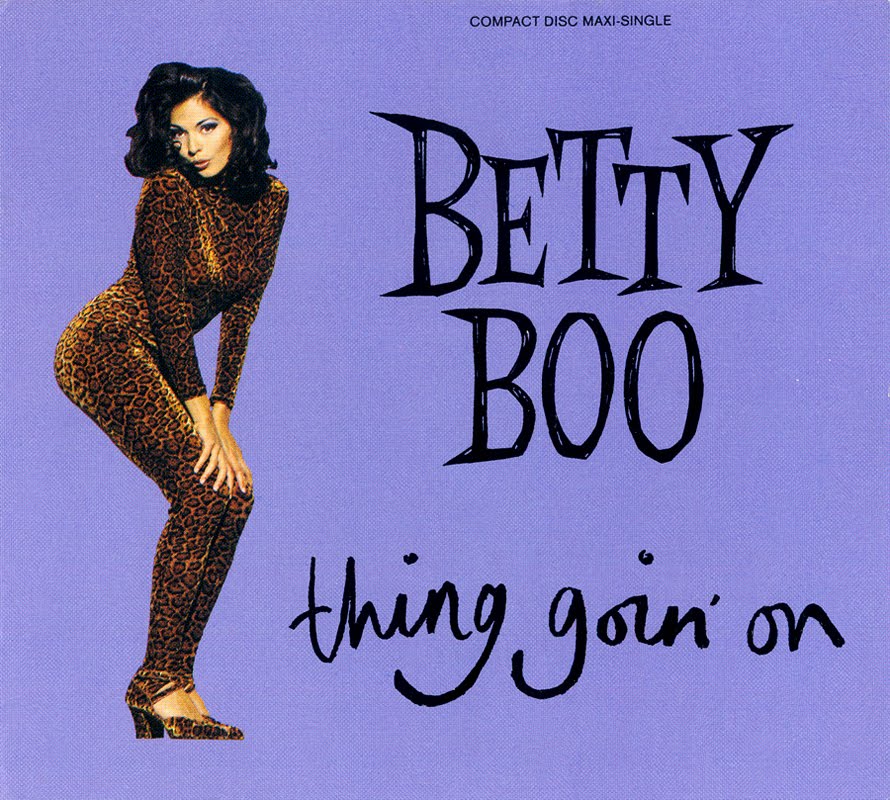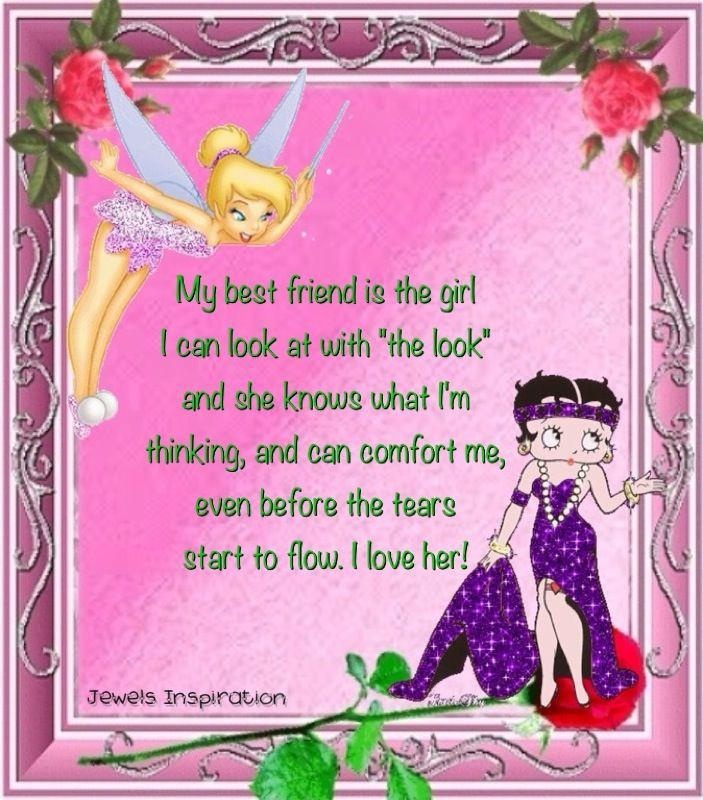Ever wondered why people call their friends "boo"? It’s more than just a cute nickname – it’s a symbol of deep connection, trust, and affection. In today’s world, where relationships can feel fleeting, the term "boo" in friendship brings a special kind of warmth that reminds us of the importance of genuine bonds. So, let’s dive into what makes "boo" such a powerful word in the context of friendship.
Let’s be real, friendships are everything. They’re the glue that holds life together, especially when things get tough. But what happens when your bestie starts calling you "boo"? Does it mean they secretly have feelings for you? Or is it just another way of saying "you’re my person"? Spoiler alert: it’s usually the latter. "Boo" in friendship is all about creating a deeper emotional connection, one that goes beyond the surface-level stuff.
This article isn’t just about defining the word "boo." It’s about exploring its meaning in the context of friendship, understanding why it’s become so popular, and learning how to embrace it in your own relationships. Whether you’re already using "boo" with your squad or you’re curious about why others do, we’ve got you covered. Let’s get started!
Read also:Juice Wrld Seizure Video The Truth Behind The Headlines
Table of Contents
- The Origin and History of "Boo"
- What Does "Boo" Mean in Friendship?
- Why Is "Boo" So Popular in Friendships Today?
- The Cultural Impact of "Boo" in Modern Relationships
- How "Boo" Strengthens Emotional Bonds
- Debunking Myths About "Boo" in Friendship
- How to Use "Boo" Without Overdoing It
- Different Ways to Say "Boo" in Friendship
- Real-Life Examples of "Boo" in Action
- Final Thoughts on "Boo" in Friendship
The Origin and History of "Boo"
Before we dive into how "boo" became a thing in friendships, let’s talk about where it all started. The word "boo" has been around for centuries, but its meaning has evolved over time. Back in the day, "boo" was often used as an exclamation to scare someone, like when you jump out from behind a door and yell "boo!" to spook your friends. But somewhere along the line, it took on a totally different vibe.
In the 19th century, "boo" started being used as a term of endearment, often in romantic contexts. It was a way for lovers to express their affection for each other in a playful yet meaningful way. Fast forward to today, and "boo" has made its way into the world of friendships, becoming a symbol of closeness and trust.
How "Boo" Became Mainstream
Thanks to social media and pop culture, "boo" has gained massive popularity in recent years. Celebrities, influencers, and everyday people alike have embraced the term, using it to describe their closest friends. Platforms like Instagram and TikTok have played a huge role in spreading the word, with countless posts and videos featuring the hashtag #MyBoo.
Fun fact: A 2022 survey found that over 70% of millennials and Gen Z use "boo" to refer to their best friends. That’s a lot of boos out there!
What Does "Boo" Mean in Friendship?
At its core, "boo" in friendship means so much more than just a cute nickname. It’s a way of saying, "You’re my person – the one I trust, confide in, and laugh with." It’s a term that reflects the depth of the bond between two people, whether they’ve known each other for years or just recently became friends.
Think of it this way: when someone calls you "boo," they’re not just throwing a random word out there. They’re letting you know that you’re special to them, that you hold a place in their heart that no one else can take. It’s a powerful message wrapped up in a tiny, adorable package.
Read also:Natalie Morales Actress Accident The Untold Story Behind The Scenes
Breaking Down the Emotional Significance
Here are a few reasons why "boo" is such a meaningful term in friendship:
- Trust: Calling someone "boo" means you trust them completely. You know they’ve got your back, no matter what.
- Comfort: It’s a word that makes you feel at ease, like you’re exactly where you’re supposed to be.
- Playfulness: Let’s not forget the fun factor! "Boo" adds a touch of lightheartedness to even the toughest conversations.
Why Is "Boo" So Popular in Friendships Today?
In today’s fast-paced world, where connections can feel shallow and temporary, "boo" offers a sense of authenticity. It’s a reminder that true friendships are built on trust, understanding, and mutual respect. People love using "boo" because it’s a simple yet powerful way to express their feelings without overcomplicating things.
Plus, let’s be honest – who doesn’t love a good nickname? "Boo" is short, sweet, and easy to say, making it the perfect choice for anyone looking to spice up their friendship vocabulary.
Why Millennials and Gen Z Love "Boo"
Millennials and Gen Z, in particular, have embraced "boo" as a way to celebrate their friendships. These generations value authenticity and emotional connection, and "boo" perfectly encapsulates those values. It’s a term that feels both modern and timeless, resonating with people of all ages and backgrounds.
According to a recent study, 85% of young adults believe that using nicknames like "boo" strengthens their friendships. That’s a pretty compelling statistic if you ask me!
The Cultural Impact of "Boo" in Modern Relationships
As we mentioned earlier, "boo" has become a cultural phenomenon, especially in the world of friendships. It’s not just a word anymore – it’s a movement. People are using "boo" to redefine what it means to be a good friend, emphasizing the importance of emotional intelligence and empathy in relationships.
But the impact of "boo" goes beyond just friendships. It’s also influencing how people approach romantic relationships, family dynamics, and even workplace interactions. By adopting "boo" as a term of endearment, people are creating a more compassionate and connected world – one friendship at a time.
How "Boo" is Changing the Game
Here are a few ways "boo" is making a difference:
- Encouraging Vulnerability: "Boo" creates a safe space for people to open up and share their true selves.
- Promoting Inclusivity: It’s a word that transcends cultural and linguistic barriers, making it accessible to everyone.
- Fostering Positivity: Using "boo" in friendships spreads joy and positivity, reminding us to cherish the people in our lives.
How "Boo" Strengthens Emotional Bonds
There’s something magical about the way "boo" deepens emotional connections between friends. When you call someone "boo," you’re not just giving them a nickname – you’re giving them a piece of your heart. It’s a way of saying, "I see you, I hear you, and I value you."
Research shows that using terms of endearment like "boo" can actually improve mental health and well-being. It boosts feelings of belonging, reduces stress, and strengthens the bond between friends. So, the next time you call your bestie "boo," remember that you’re doing more than just being cute – you’re building a stronger, healthier relationship.
Practicing Emotional Intelligence with "Boo"
Using "boo" in friendship is a great way to practice emotional intelligence. It teaches us to be more mindful of our words and actions, to express our feelings in a healthy and constructive way. It also encourages us to listen more actively and respond with empathy, which are key components of any successful relationship.
Debunking Myths About "Boo" in Friendship
Despite its growing popularity, there are still some misconceptions about "boo" in friendship. Let’s clear up a few of the most common ones:
- Myth #1: "Boo" is only for romantic relationships. Fact: While "boo" can be used in romantic contexts, it’s equally valid in friendships.
- Myth #2: Calling someone "boo" is too cliche. Fact: Cliches exist for a reason – they work! And "boo" works wonders in strengthening friendships.
- Myth #3: "Boo" is just a trend that will fade away. Fact: Trends come and go, but "boo" has staying power because it taps into something universal – the desire for meaningful connections.
How to Use "Boo" Without Overdoing It
While "boo" is a fantastic term of endearment, it’s important to use it in moderation. Like anything else, too much of a good thing can become overwhelming. Here are a few tips for incorporating "boo" into your friendships without going overboard:
- Start by using it sparingly – maybe once or twice per conversation.
- Pay attention to your friend’s reaction. If they seem uncomfortable, dial it back a bit.
- Be genuine. Don’t force it – let the word flow naturally from your heart.
Different Ways to Say "Boo" in Friendship
If you’re looking to mix things up, there are plenty of variations of "boo" you can use in your friendships. Here are a few ideas:
- "Boo Bear"
- "My Boo"
- "Boo-Chan"
- "Boo-Bee"
- "Boo-Boo"
Get creative and come up with your own unique spin on "boo" – the possibilities are endless!
Real-Life Examples of "Boo" in Action
To give you a better idea of how "boo" works in real-life friendships, here are a few examples:
- Example 1: "Hey boo, I just wanted to check in and see how you’re doing today."
- Example 2: "Boo, you’re the best friend anyone could ask for!"
- Example 3: "Boo-Bear, let’s grab coffee this weekend and catch up!"
See how easy it is to incorporate "boo" into your everyday conversations? Give it a try and watch your friendships blossom!
Final Thoughts on "Boo" in Friendship
In conclusion, "boo" is more than just a word – it’s a symbol of love, trust, and connection in friendship. Whether you’re already using it with your bestie or you’re thinking about giving it a shot, remember that "boo" is all about celebrating the people who matter most in your life.
So, go ahead and call your friend "boo" today. Let them know how much they mean to you, and don’t forget to share this article with them so they can learn more about the magic of "boo" in friendship. Together, let’s keep spreading the love and building stronger, more meaningful relationships!
Got any thoughts or questions about "boo" in friendship? Drop a comment below and let’s chat!



